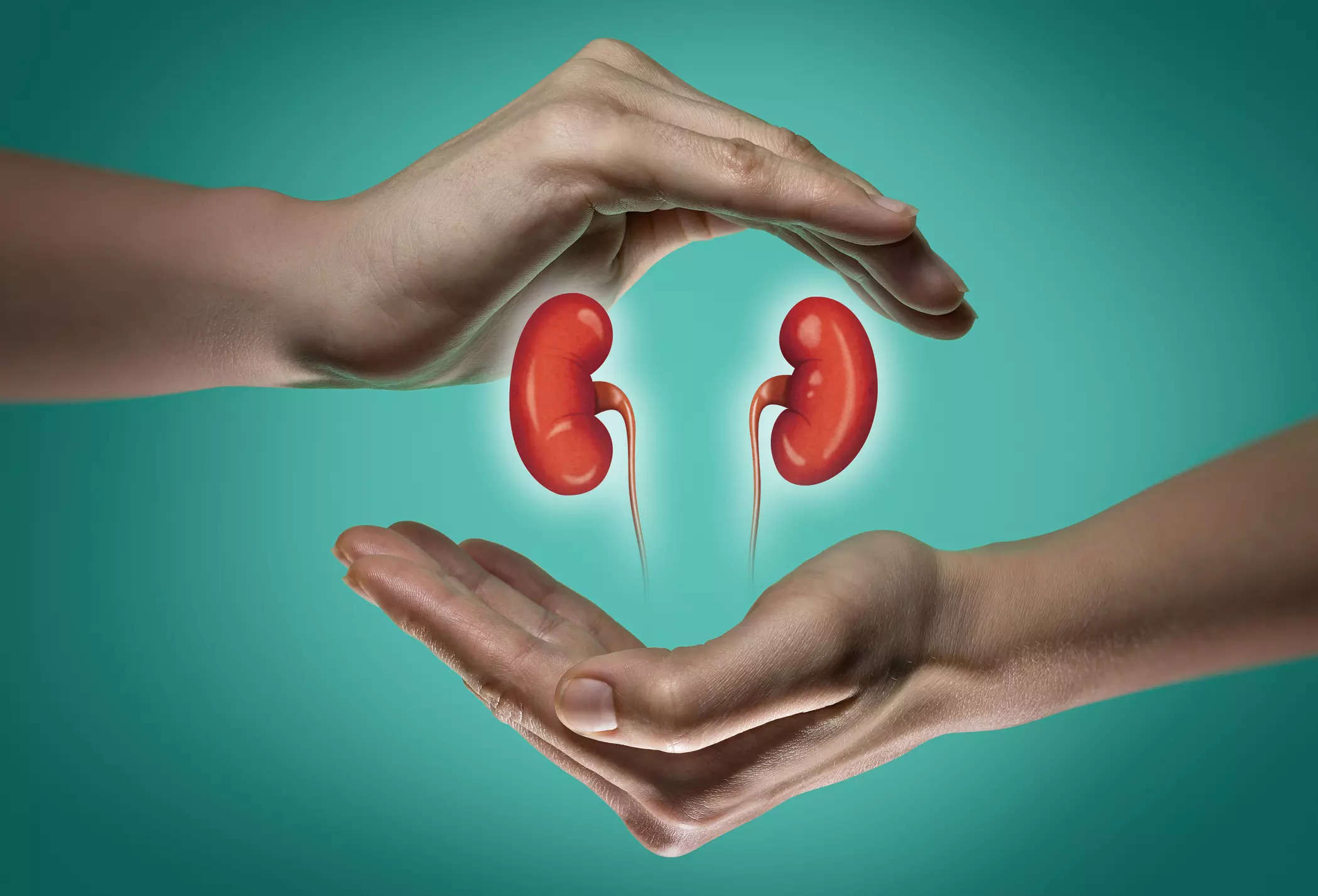
Chronic Kidney Disease: Stages and Symptoms
Chronic kidney disease is a condition in which gradual damage to the kidneys leads to a reduction in the filtration ability of the nephrons. In India, 17% of the population suffers from CKD. There are five stages of CKD.
In the first two stages, there is minimal damage to the kidneys and kidney function is almost normal. There are no symptoms or a few symptoms such as swelling of hands and feet. At these stages, CKD can be diagnosed only with certain tests. The disease progression can be controlled with the right therapy and lifestyle management.
In the third stage, the build-up of fluid and toxic material begins in the body leading to symptoms such as swollen ankles and legs. In stage four, there is severe damage to the kidneys which can show symptoms such as high blood pressure. The fifth stage is the stage of kidney failure and irreversible damage to the kidneys. The only treatment available at this stage is dialysis or a kidney transplant. Both procedures are expensive and only less than 10% of end stage patients have access to these procedures in India because of the scarcity of trained healthcare personnel and other resources.

Chronic Kidney Disease: Risk Factors and Complications
High blood pressure and diabetes are the two main risk factors that can lead to CKD. Of these two, diabetes is the bigger threat. Chronic kidney disease and diabetes together can affect the heart. Suffering from both these conditions together makes a patient 3 times more prone to develop heart disease than a person suffering from diabetes alone.

Expert Agreement on How to Stop Progression of Chronic Kidney Disease
Screening
The progression of CKD can be halted if patients are diagnosed in the early stages and this is possible only through regular screening. Patients with diabetes and hypertension and those above the age of 60 years must undergo regular screening which includes a urine test to check for protein, a blood test to check for creatinine and eGFR which is a value calculated using creatinine level and other parameters such as age, weight, height, sex, and any other tests as recommended by their doctor.
Lifestyle Management
Regular exercise, a healthy diet containing fresh fruits, vegetables, whole grains and low-fat food, reducing salt intake, drinking responsibly and quitting smoking help minimize damage to the kidneys.
Keeping blood sugar and blood pressure in control
Being regular with medications for diabetes and blood pressure is important to keep blood sugar and blood pressure in check. Regular tests and follow-up appointments with the treating doctor help to know if these parameters are under control and if not, to take corrective measures immediately.
Therapy options for Chronic Kidney Disease
Now, medical science has made advancements so that there are new medications available at early stages to control the progression of CKD and reduce the risk of kidney failure. Newer advanced therapies can also reduce the risk of heart-related complications.
It is important for all patients with CKD in the country to have access to these advanced therapies so that the incidence of kidney failure can be controlled and the burden on the health system reduced.
Disclaimer: This is a public awareness initiative by the Indian Society of Nephrology (ISN) and Bayer Zydus Pharma.



COMMENTS
All Comments
By commenting, you agree to the Prohibited Content Policy
PostBy commenting, you agree to the Prohibited Content Policy
PostFind this Comment Offensive?
Choose your reason below and click on the submit button. This will alert our moderators to take actions